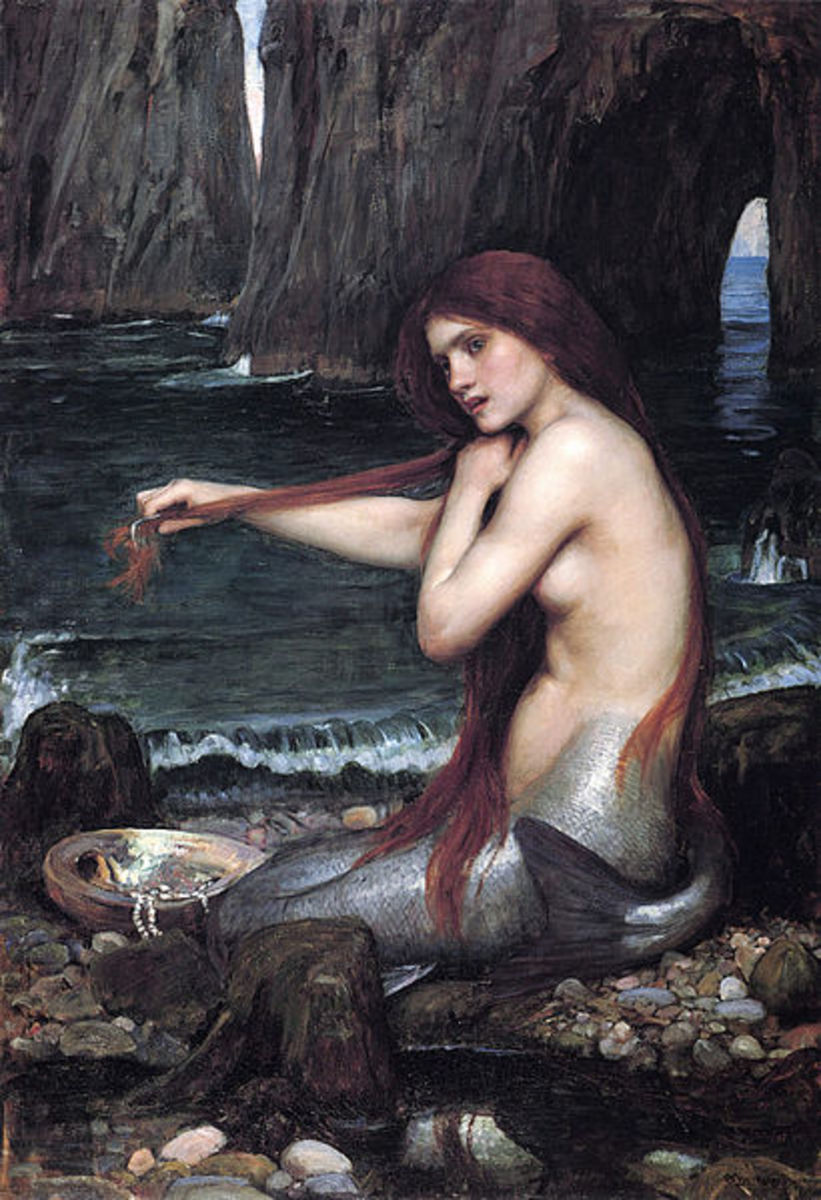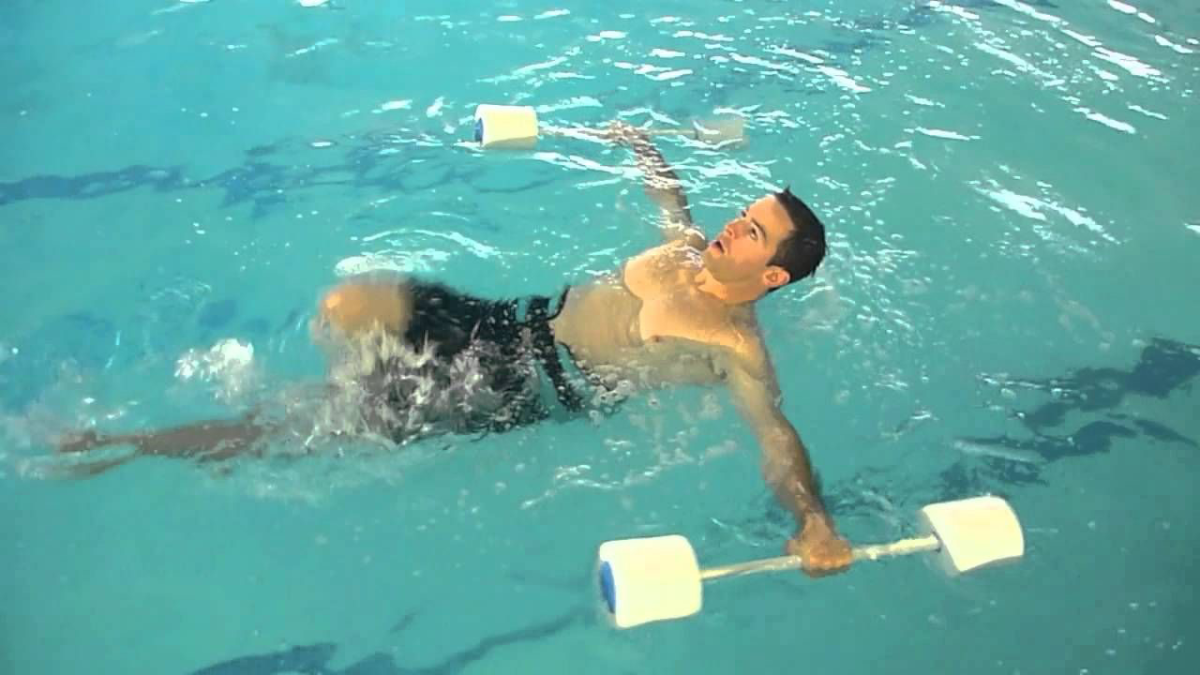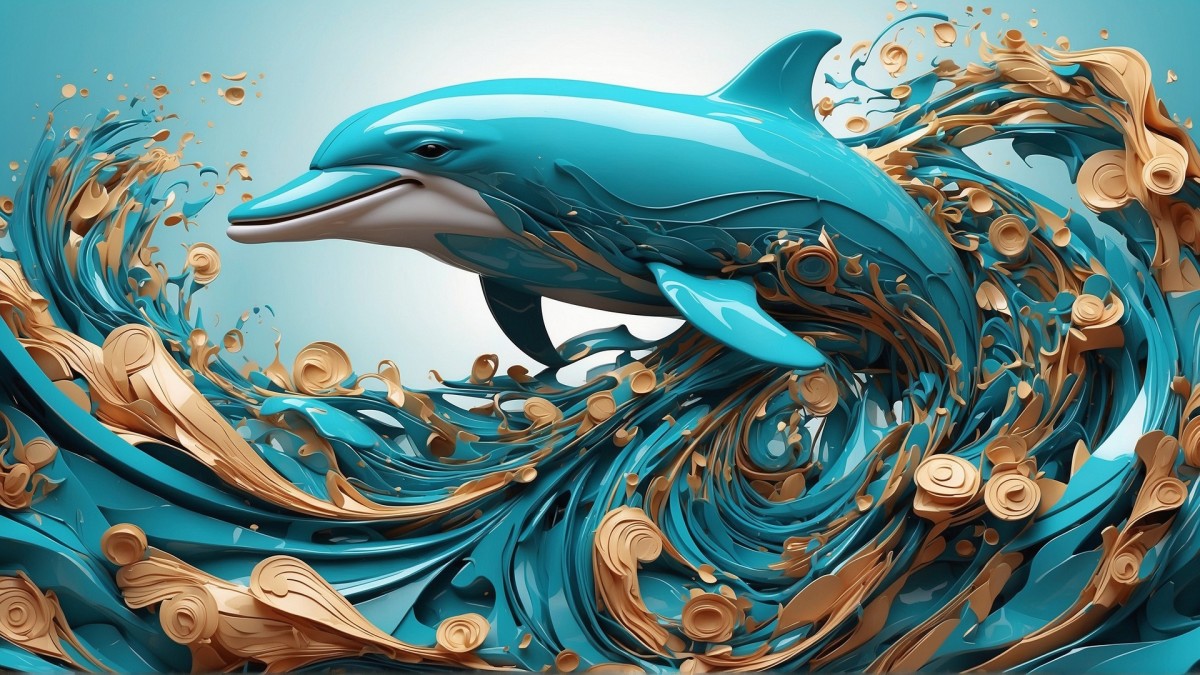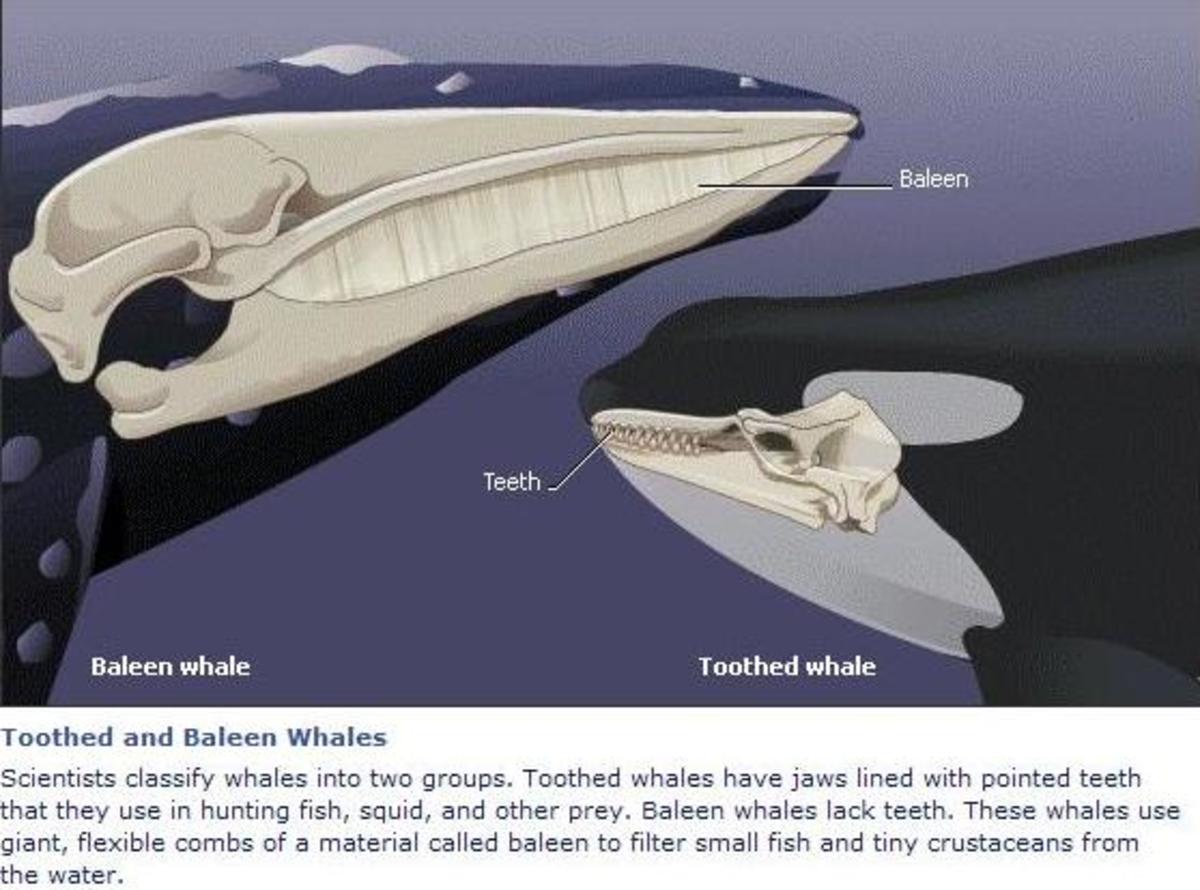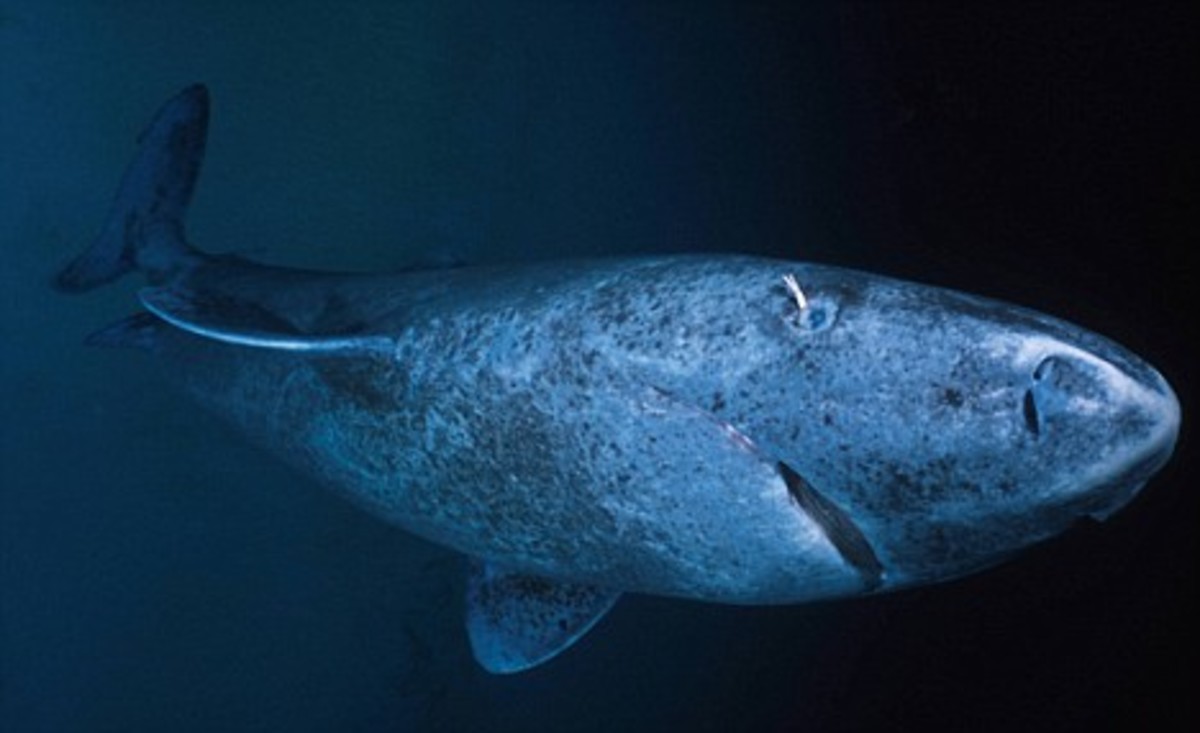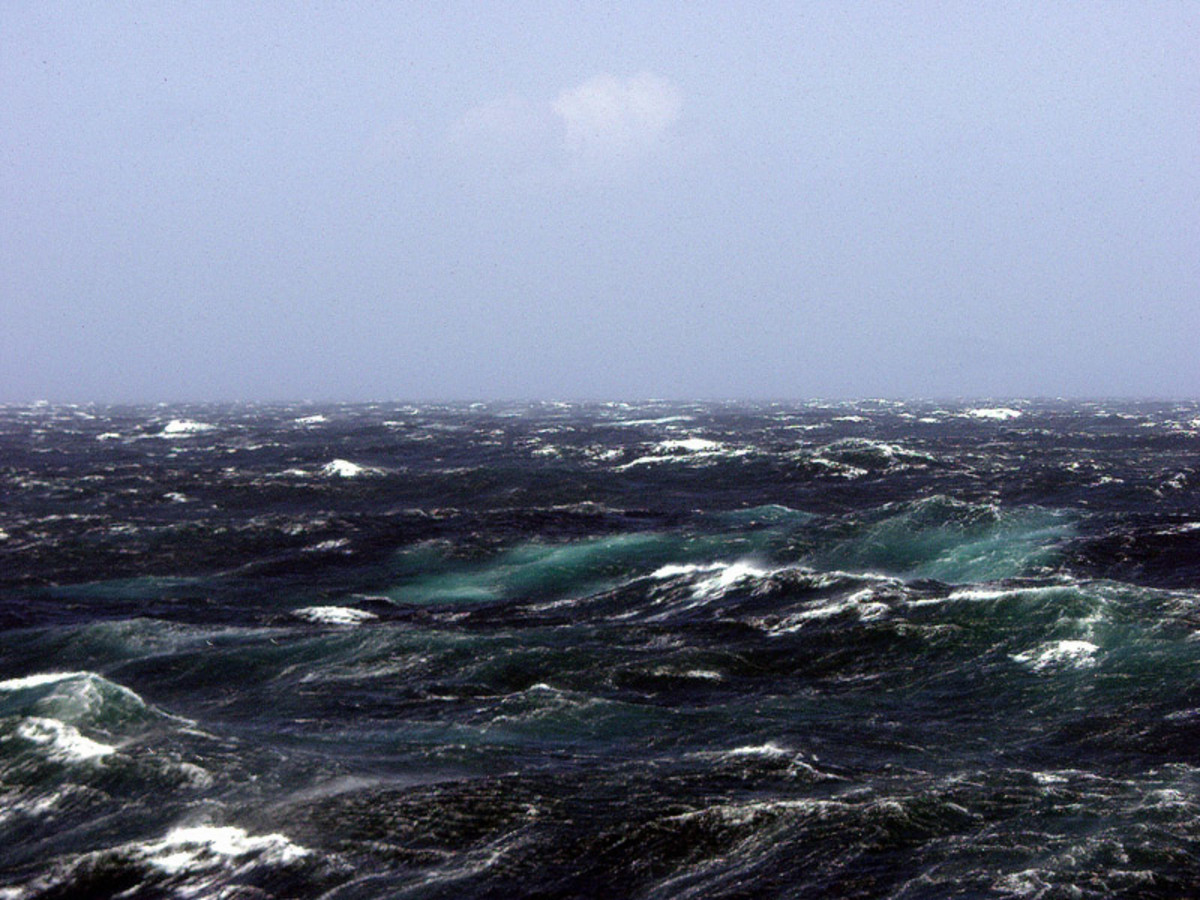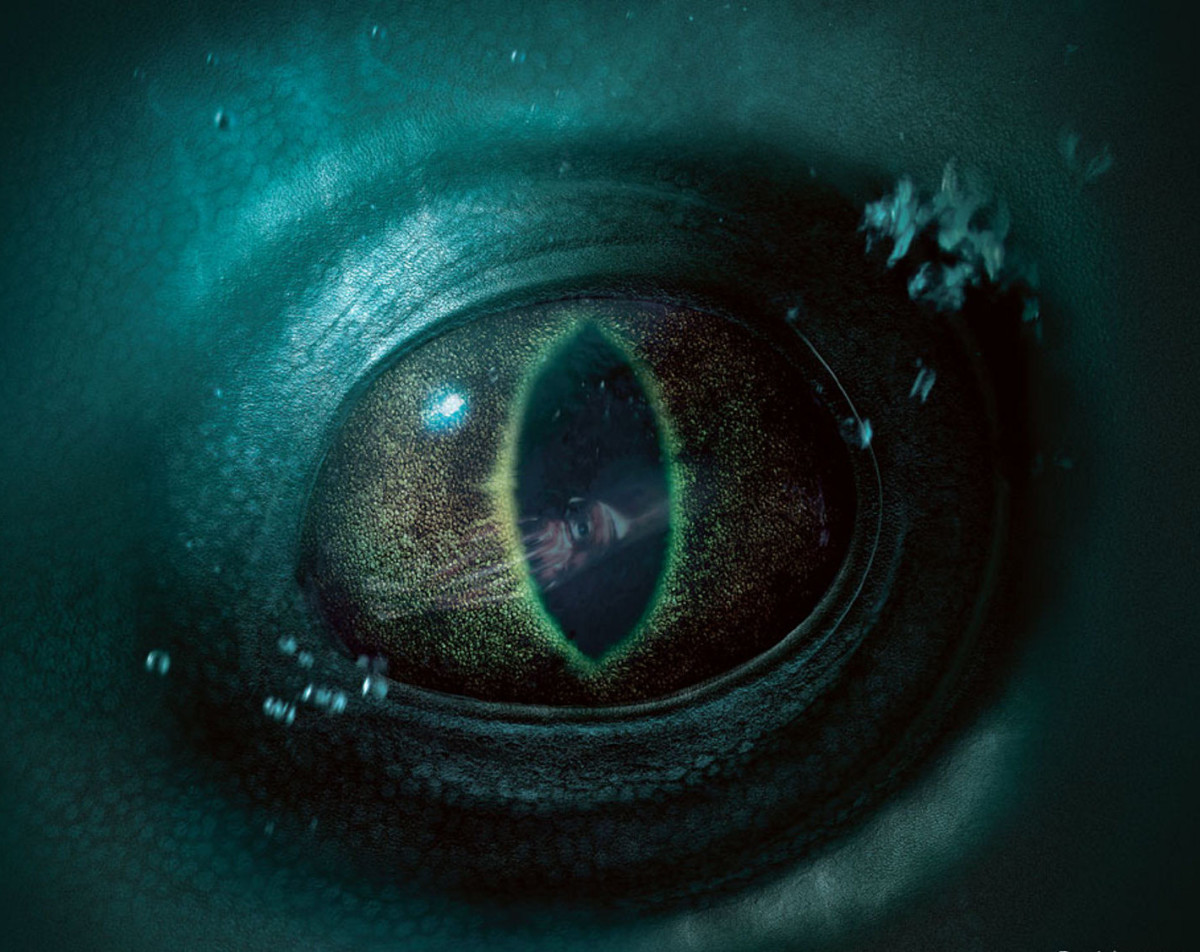Was Man the Aquatic Ape?
We may be more different than the primates that previousy thought

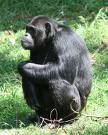

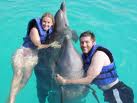



In many ways, we may be closer to Dolphins than Primates
Was Man’s Immediate Ancestor an “Aquatic Ape?“
Mankind’s Watery Awakening.
Why we prefer the “missionary position.”
Babies can swim before they can crawl.
When we look at the skeletons of the higher apes which share the planet with us today: the Chimps, Gorillas and Orang-utans, we find so many differences to our own physiological make up, we are left with the inescapable conclusion that our ancestors who branched-off from the tree of all such mammals, spent a lot of their time imitating fish. In fact were semi-aquatic.
These conclusions are far from new and were, in fact, suggested in the 1930’s by Max Westenhofer in Germany and Alister Hardy in England. Their experiments and conclusions are still only a theory and there are still sceptics among members of the scientific community who follow the traditional view that our ancestors gradually became human in a hot, sere environment - developing as hunter-gatherers; developing biped upright walking and our language and tool-making skills.
There are some pretty strong arguments advanced by those who favour the aquatic ape scenario.
Body Hair We have little hair compared to all other primates, more typical of marine, wallowing animals. And the direction of growth would favour streamlining us to swim faster.
Body Fat Most mammals, including primates, keep insulated against extremes of heat and cold by trapping a layer of air at the root of their fur. We have a much thicker layer of fat than, say, primates, who only store fat in the abdominal area. This would indicate our need to insulate in water, which conducts heat far more efficiently than air. Also, like seals, this smoothing fat would aid in buoyancy and streamlining.
Perspiration Our ability to copiously sweat in hot weather is almost unique among other mammals, and denied to primates all together. This would combat our fat layer when we were on dry land - and salt, an important ingredient of sweat, is abundant in the sea.
Our kidneys These are unique among primates and rare in other terrestrial mammals in having an inner layer called the medulla with a highly irregular surface. This is used to clear salts and other chemical wastes from the blood into the urine. This arrangement is found in nearly all marine creatures and is common in terrestrial mammals which spend time in water and/or have had marine ancestors.
Bipeds We are unique amongst mammals in exclusively standing and moving on two feet. Although we have adapted to this and our whole environment is designed around it in modern man, it is really a highly suspect skill in that we are exposed to predation and tripping. Also, we could never generate the speed of “four legged” mammals. But this position is ideal for wading or swimming .
Swimming Babies are born with a natural aptitude towards skill in water. They know instinctively when to hold their breath and can swim before they can crawl! Birthing in warm water has become more common of late as mothers and doctors realize this is a lot less stressful than the artificial conditions of the hospital bed. On the other hand, primate babies are scared of water immediately.
Diving People find with practise they can hold their breath for a considerable distance, diving deep while doing so. This imitates the feeding patterns of aquatic mammals, such a dolphins, seals and birds such as penguins. This would ensure the whole variety of coastal sea-food was part of our diets, as it is today. Note that primates are nearly exclusively vegetarian (the exception generally being chimps who supplement their diets with meat and are our nearest brothers).
Speech The main reason we have such complex speech is our ability to control our breathing. Primates can barely learn to form words, although they have complete vocal ranges; they mainly communicate with sign language. This complexity might have come about because of our need to organize groups to control and catch schools of fish. Dolphins exhibit complex sounds when doing this today.
Crying, sex and our nose Only elephants possibly use tears to express grief apart from us. But this is more common amongst seals. We seem to prefer the “missionary position” when having sex - so do dolphins and whales, etc., but this is not found amongst land mammals, (except the lovable and loving orang-utans and bonobos) who are more of the doggie-position: “wham-bang, thank-you-ma’m” persuasion.” I note that this position seems to have become the norm now amongst humans, too; perhaps we are regressing, or survival is demanding less emotional involvement with our mates? The subject of another hub perhaps. Our noses might have evolved for us to lie on the surface of the water and breath more easily without water slopping in and are easily closed by our fingers when we dive.
(In fact, male orang-utans can be so emotionally involved with a mate that they die of their grief if she dies or is taken away…I saw this happening in Mexico City Zoo some time ago and it was heart-breaking to experience. These gentle giants are my favourite wild creature by a country mile).
In excerpting this story from a fascinating book, called “Water, Life in Every Drop,” by Julian Caldecott, I have had to leave much out in the interests of brevity. So much so, that what is left hardly makes the case I am postulating. So I recommend this book to you for a better understanding of this story as well as much more about the world’s water and ecology.
It might be appropriate to add that although much solid research seems to back-up the theory to a very great extent, it has not been accepted by anthropologists, etc., as a whole. One of the problems is that not much in the fossil record is left to back up the claims and much speculation exists on how and why early man became semi-aquatic in the first place. (Addressed in the book). But it also raises many points about our physical makeup that has been hard to answer by any other model..

